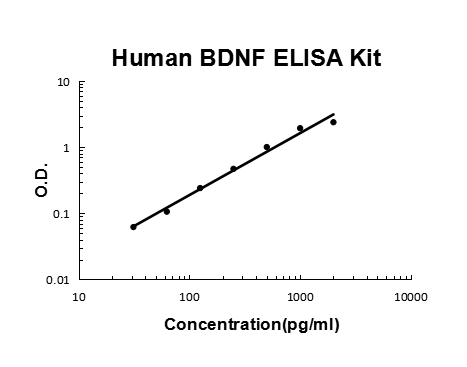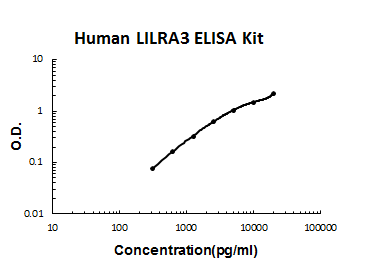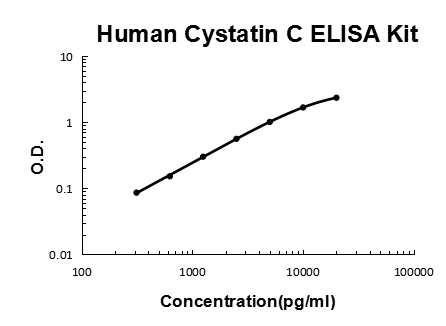Description
Immunogen: Recombinant mouse Olig2 • Host: Rabbit • Species Reactivity: (+) Human, mouse, rat • Applications: ICC, IHC, IP, WB • MW = ~32 kDa
Synonyms: Class B Basic Helix-Loop-Helix Protein 1|Class E Basic Helix-Loop-Helix Protein 19|Oligo2|Oligodendrocyte Lineage Transcription Factor 2|Oligodendrocyte-specific BHLH Transcription Factor 2
Immunogen: Recombinant mouse Olig2
Formulation: 100 µl of protein A-purified polyclonal antibody
Isotype:
Applications: ICC, IHC, IP, WB
Origin:
Stability: 365 days
Application|Immunocytochemistry||Application|Immunohistochemistry||Application|Immunoprecipitation||Application|Western Blot||Product Type|Antibodies|Polyclonal Antibodies||Research Area|Cancer||Research Area|Epigenetics, Transcription, & Translation|Transcription Factors||Research Area|Neuroscience|Neurodegenerative Disorders




